US spy agencies identify suspected undeclared nuclear site near Saudi capital: Report
American intelligence agencies have reportedly spotted what appears to be an undeclared nuclear site near Saudi Arabia’s capital city of Riyadh, scrutinizing attempts by the kingdom to process uranium and move toward the development of atomic bombs.
The New York Times reported on Wednesday that the agencies had in recent weeks circulated a classified analysis about Saudi attempts to build up its ability to produce nuclear fuel that could potentially lead to the development of nuclear weapons.
The study shows “a newly completed structure near a solar-panel production area near Riyadh, the Saudi capital, that some government analysts and outside experts suspect could be one of a number of undeclared nuclear sites,” the report said.
The site is situated in a secluded desert area not too far from the Saudi town of al-Uyaynah, located 30 kilometers northwest of Riyadh, and its Solar Village.
“The analysis has raised alarms that there might be secret Saudi-Chinese efforts to process raw uranium into a form that could later be enriched into weapons fuel, according to American officials,” the report added.
A day earlier, an article in The Wall Street Journal said that Western officials were concerned about a desert site in northwestern Saudi Arabia just south of the town of al-Ula.
It was part of a program with the Chinese to extract uranium yellowcake from uranium ore, according to the article.
Frank Pabian, a former satellite image analyst at the Los Alamos National Laboratory in New Mexico, said the desert site appears to be a small mill for turning uranium ore into yellowcake as it has a checkpoint, high security fences, a large building about 150 feet on a side and ponds for the collection of uranium waste.
Last week, the US House Intelligence Committee included a provision in the intelligence budget authorization bill requiring the administration to submit a report about Saudi efforts since 2015 to develop a nuclear program.
The provision obliged the US government to include in its report an assessment of “the state of nuclear cooperation between Saudi Arabia and any other country other than the United States, such as the People’s Republic of China or the Russian Federation.”
The US State Department has not commented on the reported intelligence findings.
The US opposes “the spread of enrichment and reprocessing” and attaches “great importance” to continued compliance by the Saudis to the Nuclear Nonproliferation Treaty (NPT), it said in a statement to the New York Times.
The State Department also urged Riyadh to conclude an agreement with Washington “with strong nonproliferation protections that will enable Saudi and US nuclear industries to cooperate.”
Last year, a document, titled “Updates on Saudi National Atomic Energy Project” and posted by the Vienne-based International Atomic Energy Agency (IAEA), detailed a plan for building nuclear reactors as well as fueling them through the “localization” of uranium production.
The kingdom was looking for uranium deposits in more than 10,000 square miles of its territory and had teamed up with Jordan to make yellowcake, according to the report.
“The IAEA is unhappy with Saudi Arabia because they refuse to communicate about their existing program and where it is going,” said Robert Kelley, a former inspector for the UN nuclear watchdog.
Saudi Arabia’s attempts to speed up its nuclear and missile projects have raised fears that it aims to acquire nuclear weapons. Observers believe that a nuclear Saudi Arabia — where warmongers are currently at the helm — could pose a serious security threat to the Middle East region.
Riyadh has so far turned a deaf ear to calls by the IAEA to implement proportionate safeguards and an inspection regime that would prevent possible deviation towards nukes.
In March 2018, Saudi Crown Prince Mohammed bin Salman said Riyadh would quickly go for nuclear bomb Iran does so.
Iran has repeatedly enunciated its nuclear program as exclusively civilian, subject to the most intensive UN supervisions ever.
Tehran signed a nuclear agreement with six world countries, which forged close cooperation between Iran and the IAEA, but the US severely undermined the pact by abandoning it in May 2018.
VIDEO | Press TV's news headlines
US troopers crack down on pro-Palestinian protests at University of Texas
VIDEO | German warship departs Red Sea as EU 'naval mission' fails
VIDEO | Palestinians inspect rubble of destroyed building in Rafah
Yemeni forces strike US, Israeli vessels in fresh pro-Palestinian operations
‘Say no to Biden’: US college being pressed not to endorse genocide
VIDEO | UN: Alarming food insecurity crisis grips Afghanistan
VIDEO | Stuck in quagmire


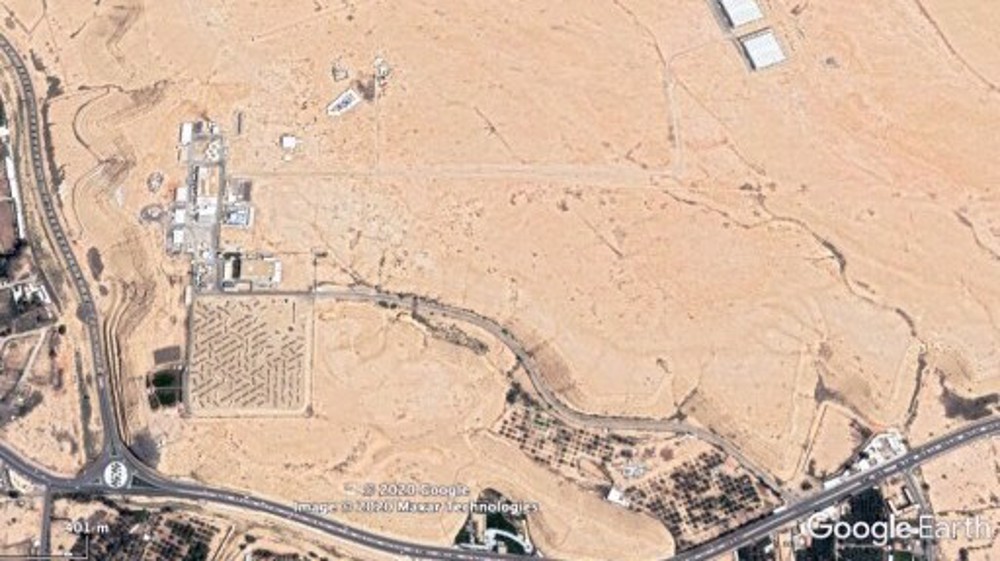


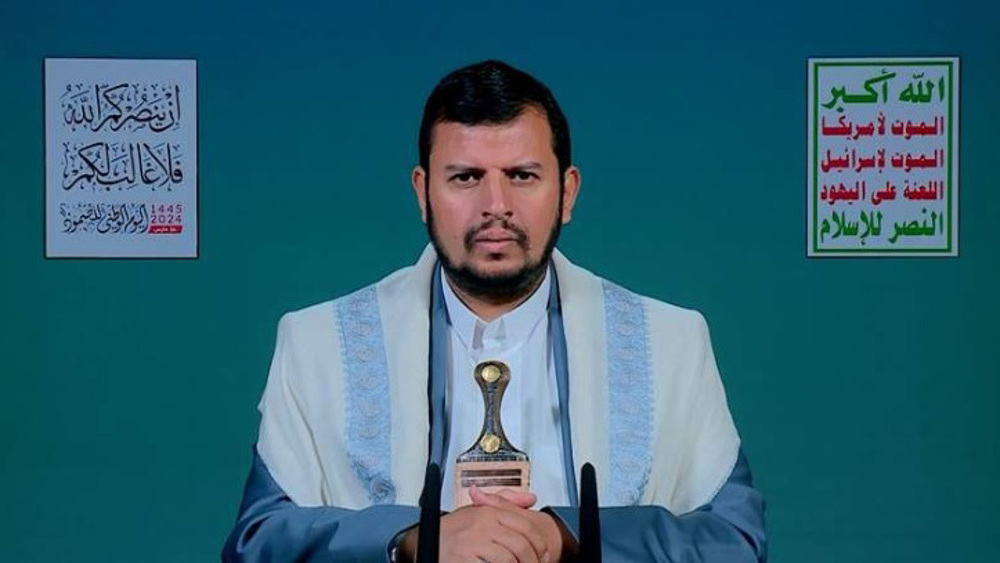
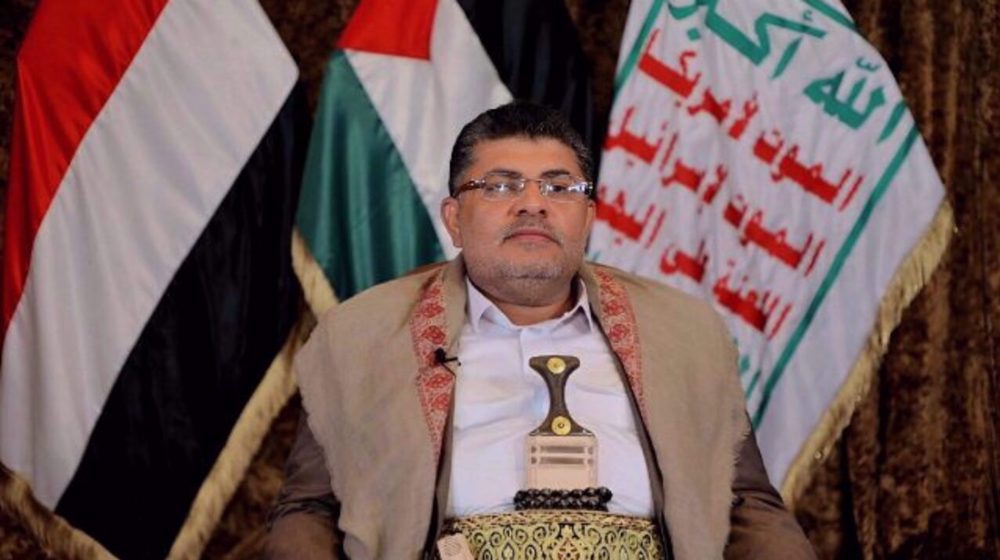
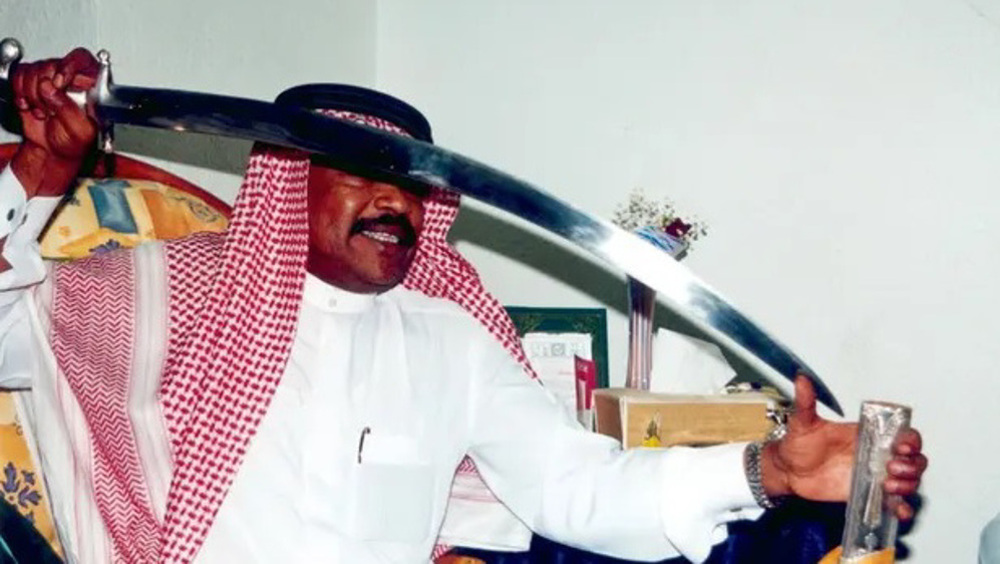



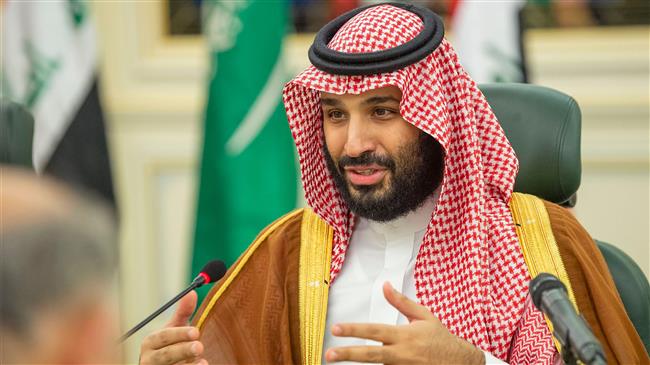
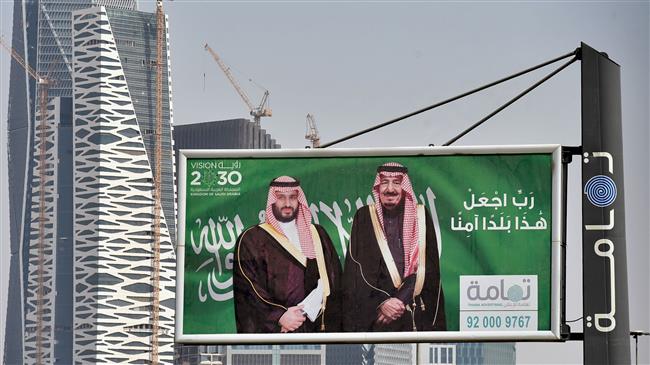

 This makes it easy to access the Press TV website
This makes it easy to access the Press TV website